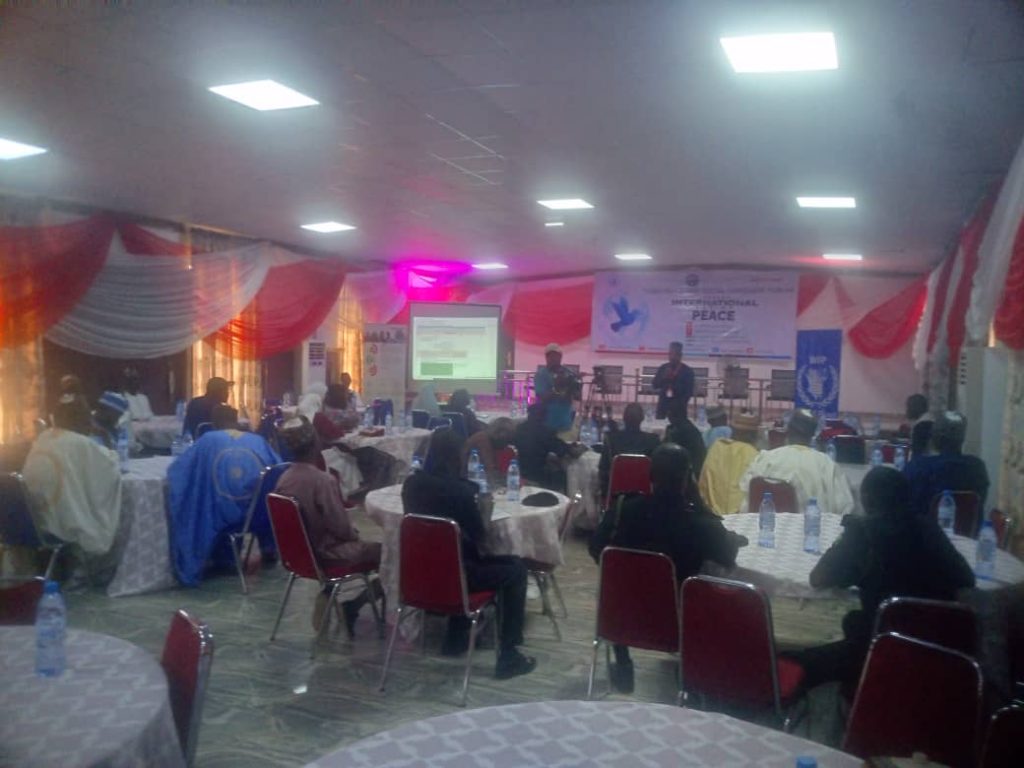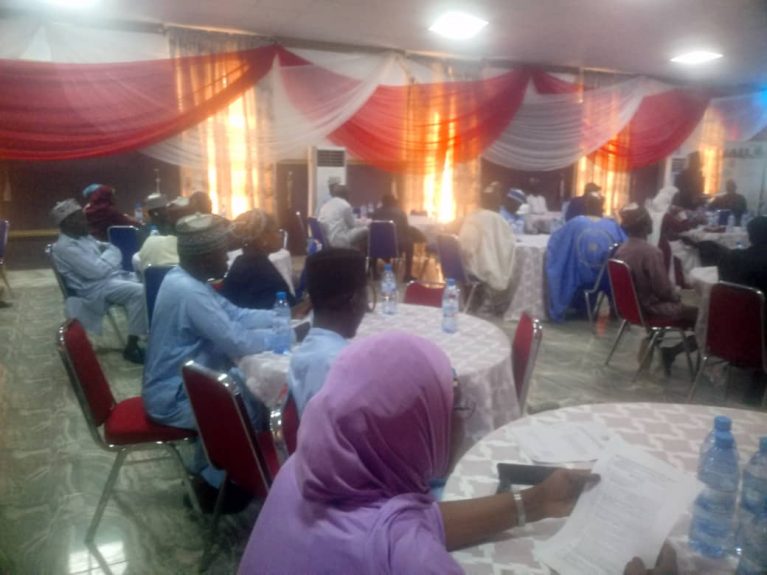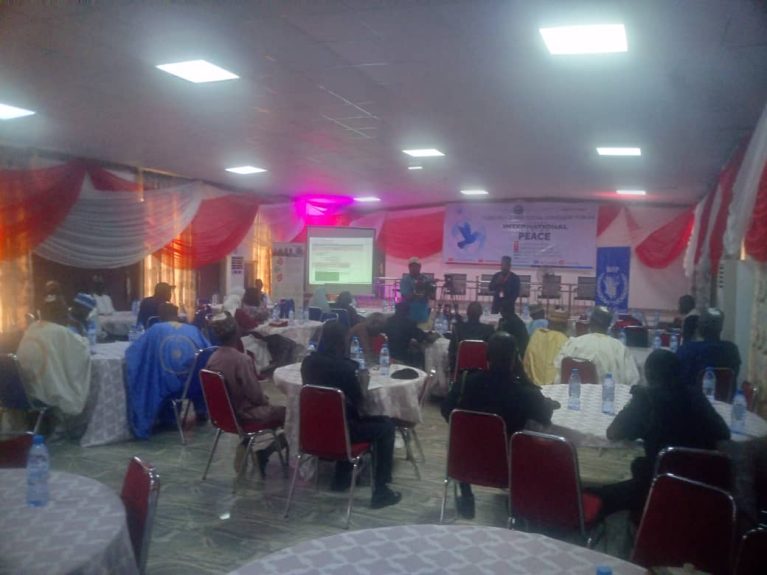
Iliyasu Abdullahi Bah
In observance of the International Day of Peace, the non-governmental organization ActionAid Nigeria convened a significant symposium on Monday, focusing on strengthening the fragile peace in Yobe State, a region previously devastated by years of insurgency. The forum, themed “Action for Peace,”brought together key stakeholders to consolidate the gains of returning normalcy, which is now visibly reflecting in the revitalization of education, the local economy, and daily social activities.
The event served as a platform to reinforce the mechanisms of social cohesion and build the capacity of communities to sustain peace, described as the fundamental bedrock of any developed society.
In an interview, Mr. Kenneth Nwafe, a representative of ActionAid, underscored the critical importance of peace, stating that its absence has been the root cause of profound challenges in the region.
“The value of peace cannot be overemphasized. It was the absence of peace that led us to the devastating challenges of Boko Haram insurgency, banditry, and kidnapping, particularly here in the northeast,” Mr. Nwafe stated.
He further highlighted the direct link between peace and livelihood, especially in an agrarian state like Yobe. “When peace is compromised, farming activities, which are the primary source of income for the majority, are severely disrupted. The recurring farmer herder clashes are a persistent threat that undermines food security and economic stability.”
Mr. Nwafe issued a compelling call to action, emphasizing that now is the time for all parties to wholeheartedly embrace peaceful coexistence. “We must consider the profound impact of conflict on our children, their upbringing, and the disintegration of family units. Violence disrupts every facet of community life,” he added.
Also speaking at the event, the Executive Secretary of the Yobe State Emergency Management Agency SEMA, Dr. Mohammed Goje, reflected on the era of peace that preceded the insurgency. He recalled a time characterized by high levels of mutual trust and strong social cohesion among communities, urging a return to those values as the foundation for a secure future.
The symposium featured critical insights from peace experts, representatives of non-governmental organizations, and civil society organizations. Key discussions centered on the post insurgency challenges, particularly addressing the need for community acceptance and reintegration programs for individuals and families displaced by the conflict and emphasizing the crucial role of including women, children, and other vulnerable groups in all peace processes to ensure that the resulting stability is equitable and lasting.
The collective resolve from the forum was that achieving enduring peace requires deliberate, inclusive, and continuous action from every segment of society, reinforcing the theme that peace is an active commitment, not a passive state. A ddressing the need for community acceptance and reintegration programs for individuals and families displaced by the conflict.


